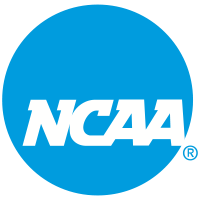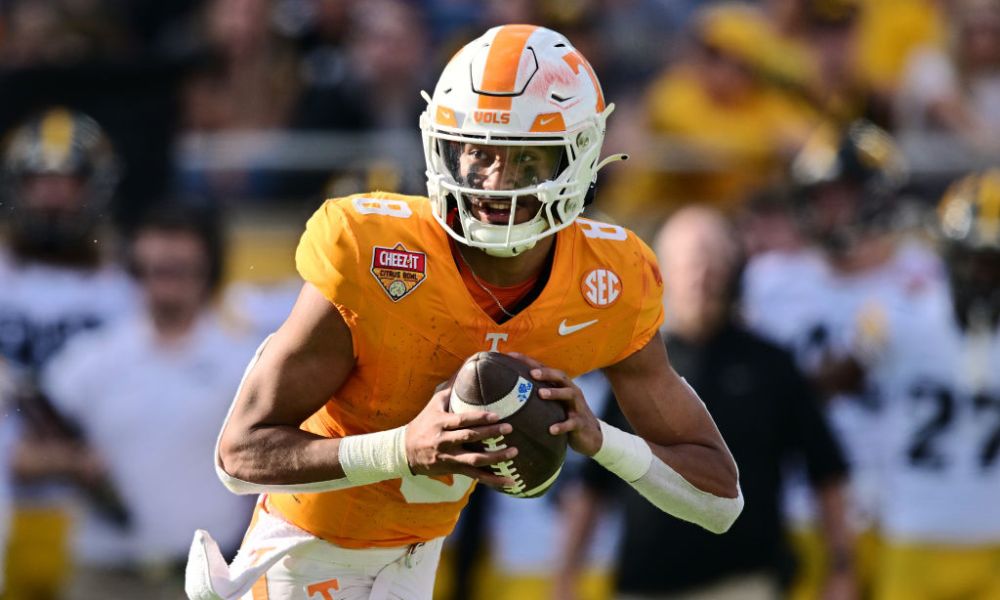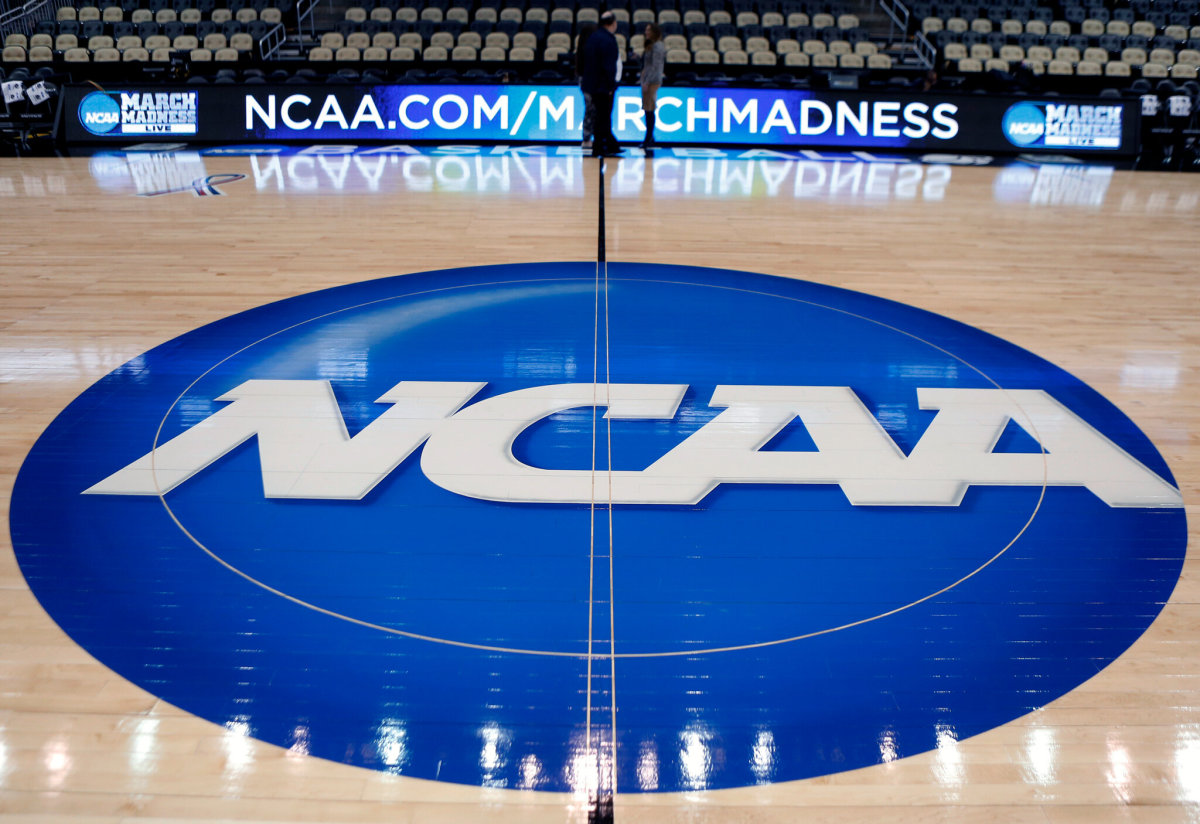AZ_
Hall-of-Famer
- Joined
- Dec 6, 2007
- Messages
- 40,728
- Reaction score
- 51,462
- Points
- 148
Ultimately, there is a Grand Canyon sized runway to agree to allow players a share of the revenue pools generated by media rights.
Similarly, there is mutual interest in creating an agreement which satisfies the need for NIL and player economic rights and freedoms without being considered employees.
Its simply a matter of one side agreeing to participate in that quest instead of spending millions in legal fees and hoping a more conservative Congress quashes the interest without giving an inch.
Allowing them to continue hoarding the wealth within a non-profit entity that doesn't benefit the athletes.
Similarly, there is mutual interest in creating an agreement which satisfies the need for NIL and player economic rights and freedoms without being considered employees.
Its simply a matter of one side agreeing to participate in that quest instead of spending millions in legal fees and hoping a more conservative Congress quashes the interest without giving an inch.
Allowing them to continue hoarding the wealth within a non-profit entity that doesn't benefit the athletes.


